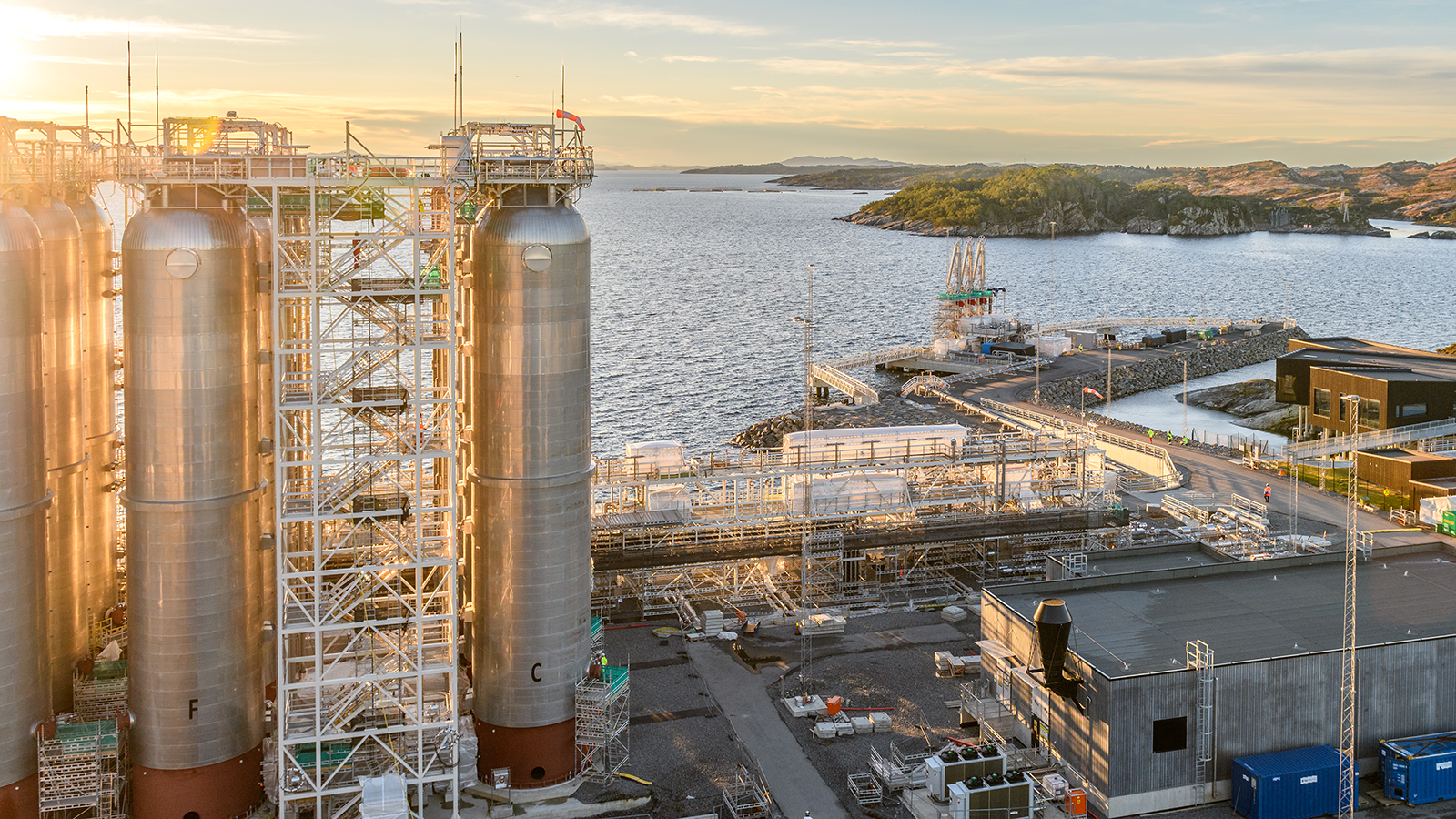
By Tanya Weaver Mon 4 Mar 2024
Plans to inject carbon under the seabed are growing at an unprecedented rate. Norway’s Longship project aims to create large-scale offshore carbon capture and storage (CCS) facilities, but critics claim that “despite the fanfare around CCS, it is a costly and risky endeavour”.
In CCS, CO2 emissions from various industries are captured, and stored indefinitely deep underground. Many industries, particularly oil and gas, claim that CCS is an effective tool in reducing atmospheric carbon emissions.
According to the Center for International Environmental Law (CIEL), a Washington-based non-profit, by mid-2023 more than 50 new offshore CCS projects had been announced globally.
In a report published towards the end of last year – Deep Trouble: The Risks of Offshore Carbon Capture and Storage – the CIEL says that instead of looking for ways to phase out their use of fossil fuels, polluting industries are instead focusing on CCS as a solution.
The report states that “despite the fanfare around CCS, it is a costly and risky endeavour”.
However, many countries claim that CCS offers a safe solution for carbon storage. Norway, which has a long history of carbon management, announced in 2020 that it was creating a full, large-scale CCS value chain project known as Longship in the North Sea, which the Norwegian government says could be a central storage camp for several industries across Europe.
In the $2.6bn Longship project, CO2 will be pumped along pipes to the Norwegian continental shelf, where it will be stored 2,600m below the seabed. According to the Norwegian government , storage capacity at the site will amount to 1.5 million tonnes of CO2 per year. However, Northern Lights – a joint venture between Norway’s Equinor, Britain’s Shell and France’s TotalEnergies – which is responsible for the transport and storage part of Longship, plans to increase storage capacity to five million tonnes a year through an additional development phase (phase 2).

According to the Norwegian government, Northern Lights has signed letters of intent with 11 companies. It is also in dialogue with more than 60 European companies. These firms represent the potential for capturing 50 million tonnes of CO2 per year.
Despite attempting to appease critics by stating that CCS projects are developed within the legal framework of the Storage Directive for the environmentally safe storage of CO2 within the the European Economic Area, critics say there are significant risks involved from potential underwater CO2 leakage.
According to CIEL, CCS is not an environmental solution: rather than reducing the amount of fossil fuels being burned, projects such as this send the message that it’s fine to continue producing fossil fuels because it makes the problem go away by storing CO2 underground. It is calling on governments to halt the rush to develop offshore CO2 storage hubs. As stated in the report: “In view of the significant risks, uncertainties and regulatory gaps, governments should not permit large-scale offshore CO2 injection.”

Leave a Reply